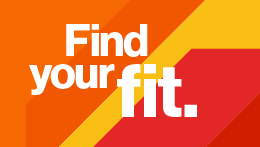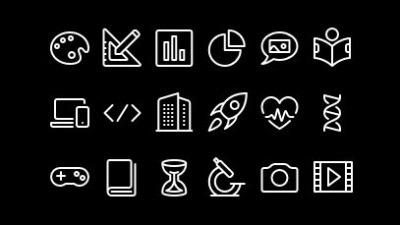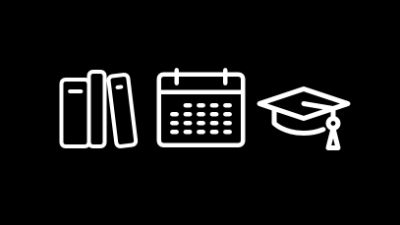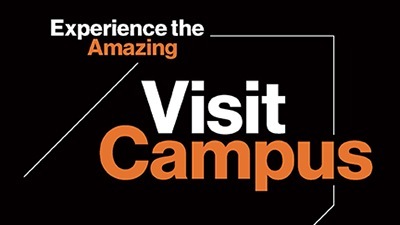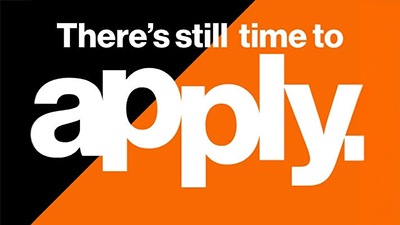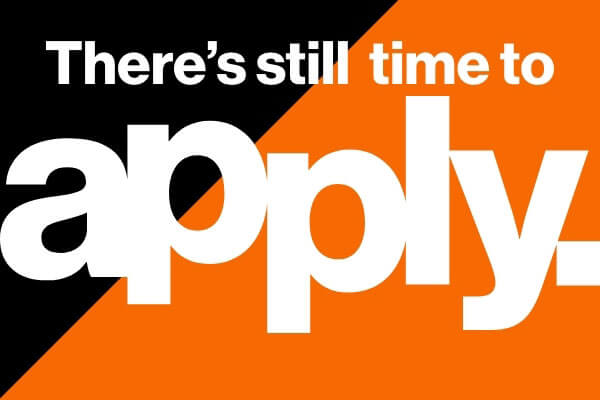Applied Mechanical Technology Associate in Applied Science Degree
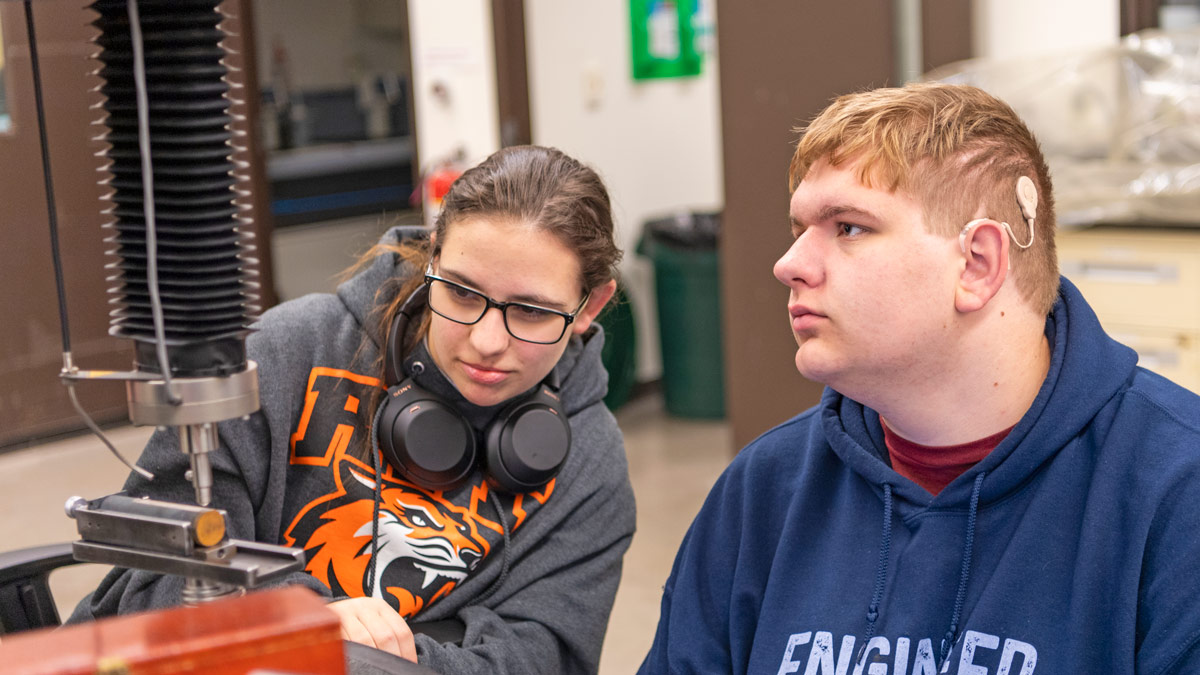
Applied Mechanical Technology
Associate in Applied Science Degree
- RIT /
- National Technical Institute for the Deaf /
- Academics /
- Applied Mechanical Technology AAS
Discover the world of Applied Mechanical Technology AAS at RIT. Gain practical skills for a rewarding career in the mechanical engineering field.
Overview for Applied Mechanical Technology AAS
The associate in applied science (AAS) in applied mechanical technology is an Associate+Bachelor’s degree program that prepares students to enter and successfully complete a bachelor’s degree program in RIT's College of Engineering Technology. The program offers you unparalleled academic support and students strengthen their skills by taking courses taught by NTID faculty. This program is available for qualified deaf and hard of hearing students.
You’ll start with an AAS degree in applied mechanical technology through RIT's National Technical Institute for the Deaf, which provides you with the courses and credit you need to enroll in an RIT bachelor’s degree program. Upon completion of your AAS program, provided you maintain a 2.5 grade point average or higher, you will enroll in RIT’s College of Engineering Technology, where you can major either in mechanical engineering technology, mechatronics engineering technology, or robotics and manufacturing engineering technology.
Students who graduate in good standing and have maintained a grade of C or better in the six “NETS” courses should be well prepared for RIT’s College of Engineering Technology.
Learn more about the benefits of pursuing an Associate+Bachelor’s Degree Program.
-
Join us for Fall 2026
There's still time to apply. For some programs, applications will be reviewed on a rolling, space-available basis.
Curriculum for 2025-2026 for Applied Mechanical Technology AAS
Current Students: See Curriculum Requirements
Admissions and Financial Aid
For the AAS degree leading to bachelor’s degree (Associate+Bachelor’s program)
- 2 years of math required; students interested in engineering, math and science transfer programs should have three or more years of math.
- 1 year of science required; students interested in engineering, math and science transfer programs should have two or more years of science.
- Physics is recommended for students interested in engineering.
- English language skills, as evidenced by application materials, determine associate degree options.
Specific requirements
- English: Placement into a First Year Writing course, such as FYW: Writing Seminar (UWRT-150) or Critical Reading and Writing (UWRT-100).
- Mathematics: Entrance into NTID’s Advanced Math (NMTH-275) or higher, such as Pre-calculus (MATH-111).
- Science: Entrance into the College of Science’s College Physics I (PHYS-111) course; however, students who did not take physics in high school are recommended to take a bridging physics course at NTID, such as Concepts of College Physics (NSCI-270).
- ACT (optional): The ACT middle 50% composite score is 18-21.
Financial Aid and Scholarships
100% of all incoming first-year and transfer students receive aid.
RIT’s personalized and comprehensive financial aid program includes scholarships, grants, loans, and campus employment programs. When all these are put to work, your actual cost may be much lower than the published estimated cost of attendance.
Learn more about financial aid and scholarships
Accreditation
Contact
- Karen Beiter
- Interim Department Chair
- National Technical Institute for the Deaf
- 585‑286‑4546
- kjbndp@rit.edu
Department of Engineering Studies
